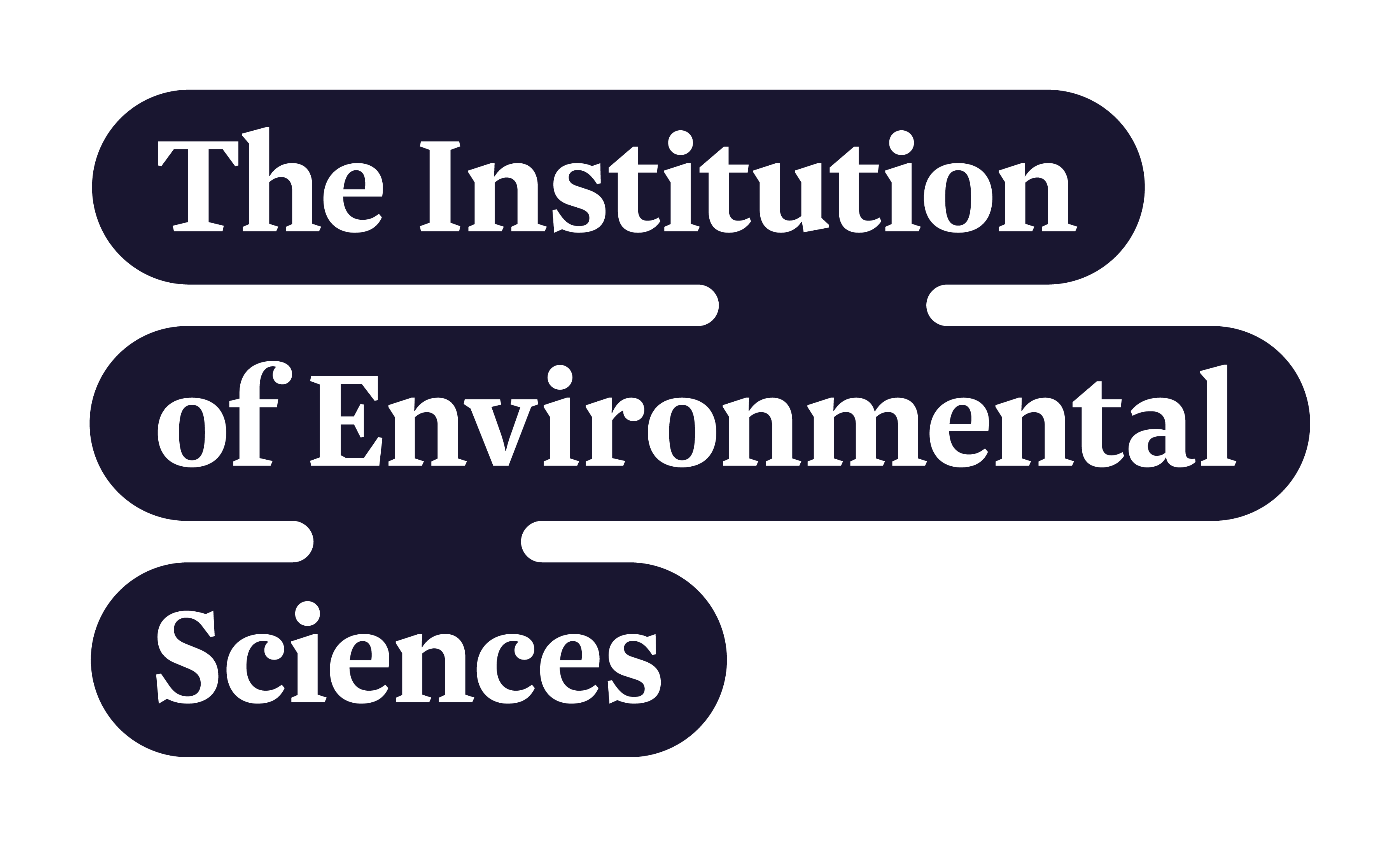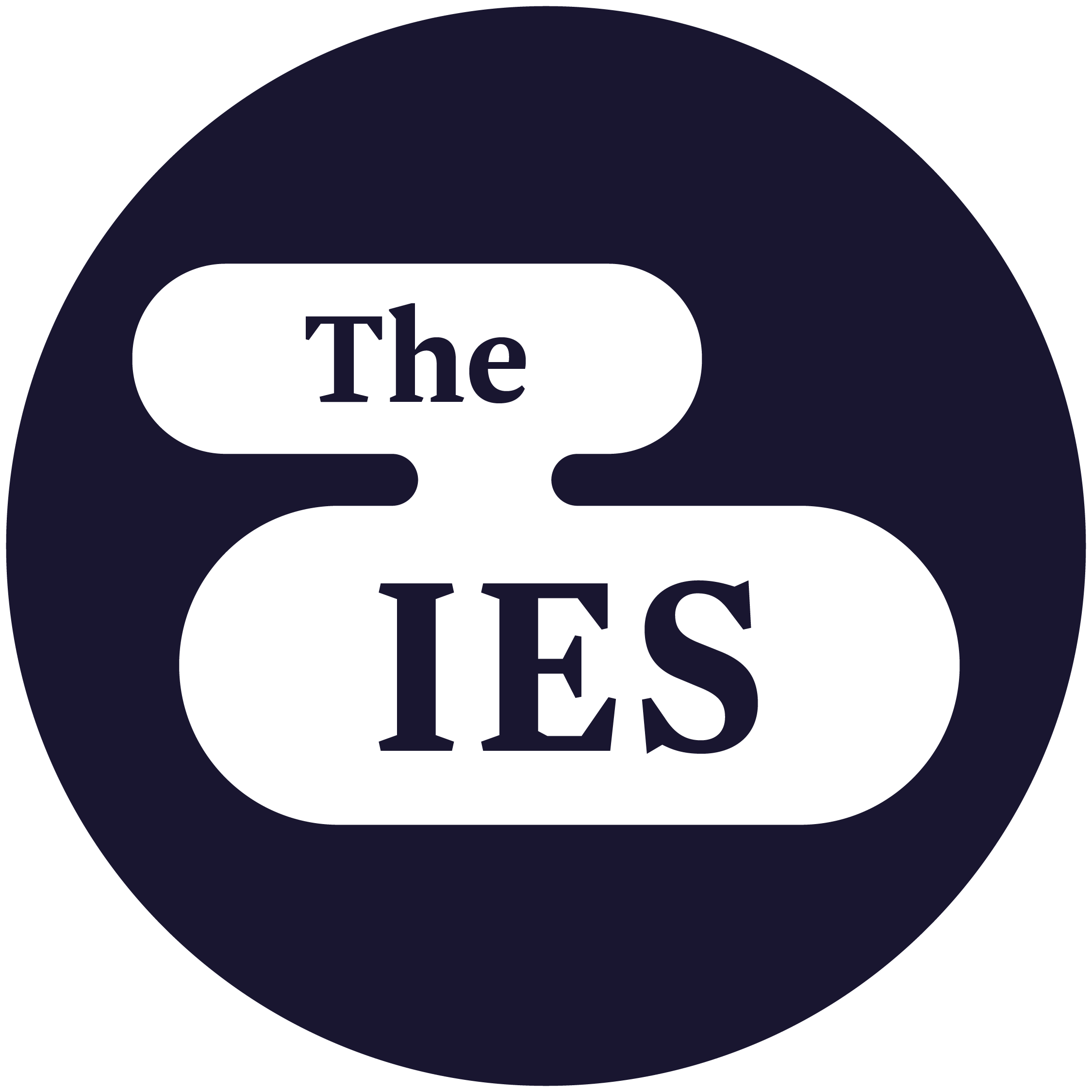CPD reflections are changing
Continuing Professional Development (CPD) is fundamental to an environmental professional’s career. Having an adequate and suitably-maintained skill base is part of a ‘duty of care’ of an environmental professional towards their customers, employers, society, and their professional body.
In addition to completing a sufficient number of CPD activities per year, environmental professionals should be providing meaningful and insightful reflections on their CPD activities.
What are CPD reflections?
Reflection is about learning from your experiences and is integral to refining professional practice.
Reflecting on your CPD is important to analyse your activities. CPD reflection encourages you to identify links between development activities and their impacts, recognising the purpose of each CPD exercise and what you are specifically gaining from them, and finding areas for potential future improvement. It is also how you assess the benefit of the activities to your work, your employers and customers, and the wider society.
How should I reflect on my CPD?
For IES members, planning, recording, and reflecting on CPD should be a routine aspect of working life, and the online tool in the Members’ Area is a useful place to keep a record of your activities and reflect on them.
After completing an activity, you should ask yourself a series of practical questions to determine the value of this activity, such as:
- What have I gained from this exercise?
- Was this activity beneficial to my professional development? Why?
- What were the positive and negative aspects of this activity?
- What skills or knowledge gaps have been identified as a result of this activity?
A new addition to CPD reflections, you must also demonstrate how your CPD has benefited those that use your work (employees, customers, clients, students etc). This could be a direct benefit, such as updating the information included in lectures/seminars thereby improving your students’ knowledge of the discipline, or an indirect benefit such as a training course which may change your approach to interactions with clients. These reflections may be more challenging, so these questions may help to consider the wider impact of your CPD:
- What impact has this activity had outside of my own professional development?
- Has this activity had a direct benefit for my employer/clients/students? What evidence do I have to demonstrate this?
- How might this activity indirectly impact my employer/clients/students? Has it changed my behaviour or approach to projects? If so, how?
Professionals are also encouraged to reflect on their CPD as a whole, helping to track progress and professional growth. Reflecting on your CPD does also ‘count’ as a CPD activity, so don't forget to include your reflecting and planning within your CPD record. Some questions to ask yourself when writing your year-round reflections might be:
- Which activities have been the most and least beneficial to my development?
- Have I achieved my aspirations for development this year?
- Have I progressed in accordance with my career goals, or have these changed throughout the year?
- Have there been any emerging changes in specialisms, technology, or legislation that has/will affect my professional practice?
- What are my new opportunities for development? Which areas should I seek to improve on in the coming year?
Good reflection may seem somewhat alien at first, however it is an incredibly valuable exercise that will undoubtedly help you to monitor your professional growth and responsibility for your development. Writing down your ideas, feelings and observations is an effective method of reflection that should be carried out promptly, and our online CPD system makes it easy to update and record activities and reflections throughout the year.
Keeping your CPD record up to date and your reflections on activities insightful will put you firmly on the path to professional improvement!


